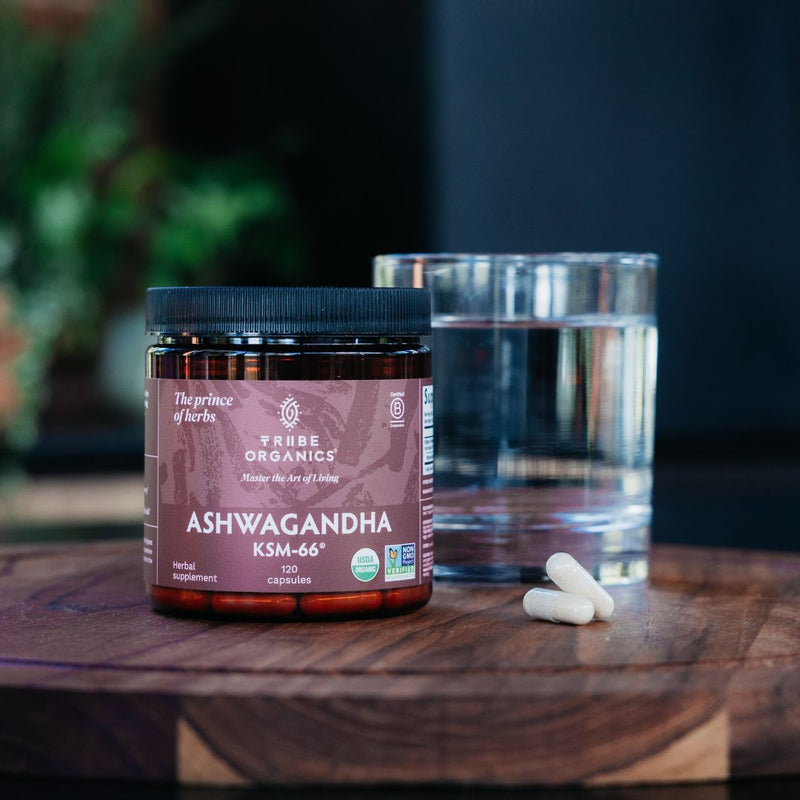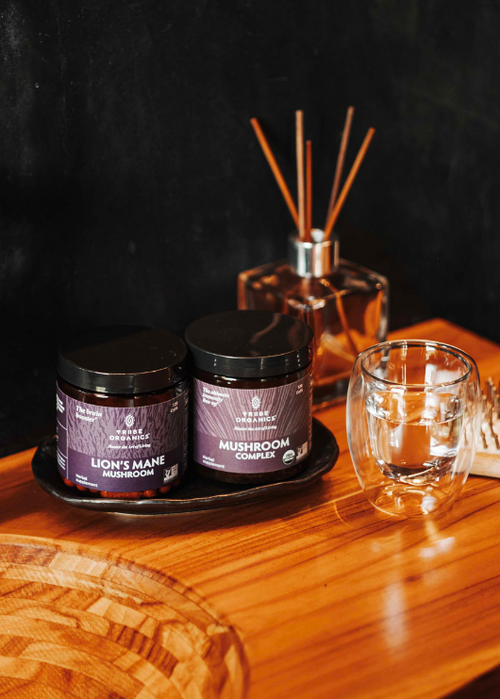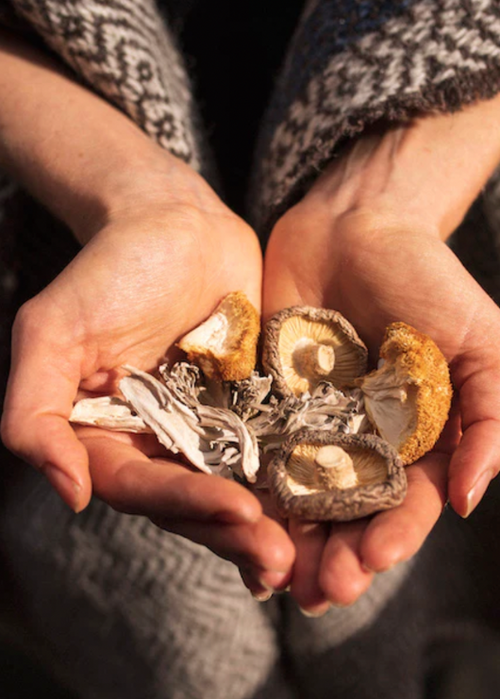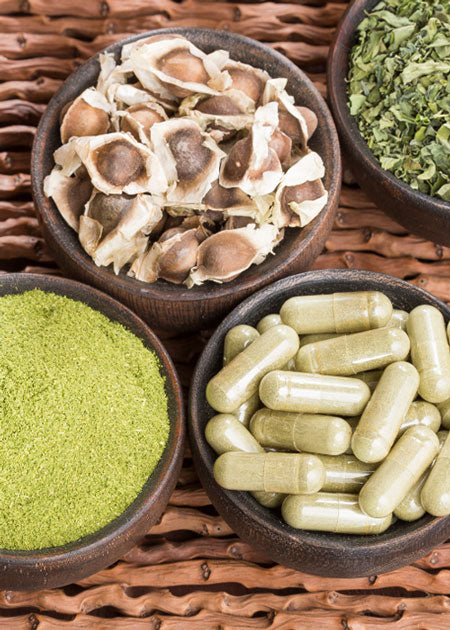You’ve heard about the wonders of turmeric, a plant from the ginger family that is used in most Indian foods. Turmeric has impressive health benefits that stem from the active chemical Curcumin.
Curcumin is both an antioxidant and an anti-inflammatory, so its medicinal properties are magnified. Antioxidants fight free radicals that damage the cells. Free radicals attack your body when exposed to pollution and when you smoke, drink alcohol, or eat junk food. Anti-inflammatories reduce swelling in your nerves that cause pain and cell damage.

So, it makes sense that researchers wanted to see how turmeric in general, and Curcumin in particular, affected people with type 2 diabetes. Since the disease is caused by a metabolic imbalance stemming from inflammation, it could be treated with Curcumin.
How Curcumin and Diabetes Are Related
Type 2 diabetes is linked with oxidative stress from free radicals and inflammation from a sedentary lifestyle. Oxidative stress is a precursor to insulin resistance, the first sign of type 2 diabetes. They all connect.
Turmeric supplements have anti-inflammatory and antioxidant properties that are necessary to prevent too much oxidative stress. When it’s too late and a person already has diabetes, these supplements can still manage blood sugar levels in conjunction with their prescription medication.
Because turmeric balances the way your body handles digesting sugar into the bloodstream, it’s also effective in weight management, bringing us back to the number one cause of diabetes: obesity.
Considering a Supplement? Keep These Facts in Mind
Turmeric can be added to your meals, as it is with so many curries and other delicious Indian foods. But if you’re not keen on the golden yellow spice’s edible tastes, you can still benefit from a supplement.
You’re not going to find a brand that’s FDA-approved. This is because the Food and Drug Administration doesn’t regulate and approve supplements. It focuses on traditional medication instead.
However, you can find a known manufacturer with a good reputation. From there, look for the dosage you want. The recommended dosage is between 150-250 mg if it’s Curcumin and 1000-1500 mg if you’re using turmeric root powder.
Other Health Benefits of Turmeric
You'll notice substantial health benefits with the proper dosage and consistent use of Turmeric. Studies show that the spice can improve heart health by stabilizing blood sugar and letting oxygenated blood circulate through the body.

Turmeric is currently undergoing more research as a potential defender against cancer and cognitive decline in Alzheimer’s patients. On top of these vital benefits, the spice also serves as a mood booster, reducing symptoms of depression and anxiety.
And, of course, the anti-inflammatory properties are the key reason turmeric is so popular with people who suffer from arthritis.
In fact, turmeric may be one of the few super-supplements that help you from the inside out. It can clear up acne as a supplement or a mask, lower harmful cholesterol levels, and increase the antioxidants in your body that slow down the signs of aging.
Whether you want to eat Curcumin in spice form or take it with a turmeric supplement, one thing is for sure: it’s a simple addition to your daily routine that could bring you extensive health benefits.
If you have type 2 diabetes, talk to your medical doctor about using turmeric concurrent with your prescription diabetes medication. It could be a life-changing decision!
Shop best sellers
Explore our collection of favorite items that have gained popularity for their quality and satisfaction.






















